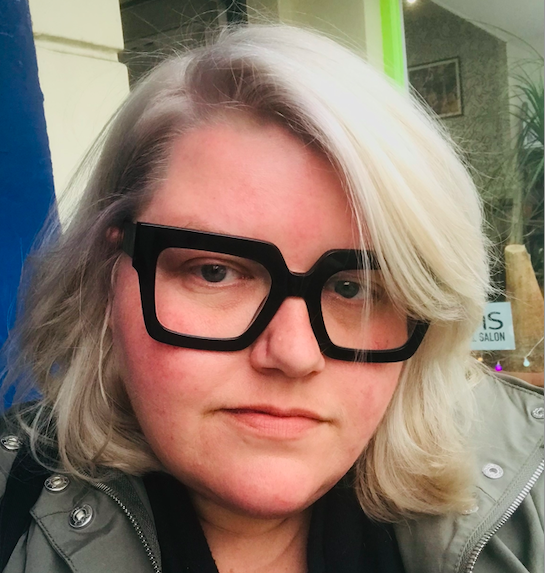Future Natures: On Seeing Commons through Popular Genres
In academic research about the commons, few scholars are as venturesome in their creative approaches than the scholars and researchers associated with the Centre for Future Natures, at the University of Sussex in England. Led by anthropologist and research fellow Amber Huff, Future Natures explores “ecologies of crisis, commons, and enclosures," but its chief output isn’t monographs and books. It’s an exuberant array of creative works in popular genres like comic books, zines, social media, videos, and podcasts.
At Future Natures, an important focus is what it feels like to experience our crisis-wracked modern life, especially enclosures, and to illuminate the inner and social satisfactions of commoning. What does this moment of crisis and collapse feel like? What experiences and emotions are necessary for social collaboration and solidarity? How can such subjectivities be organized to create commons and new visions of the future?

To learn more about the brave scholarly experimentation going on at Future Natures, I spoke with Amber Huff on the latest episode of my podcast, Frontiers of Commoning (Episode #59).
“Storytelling is really the universal in human experience,” said Huff, noting that even anthropologists, biologists and other academics, as they study the world, are in the business of creating narratives. “We thought storytelling might make a really good anchor for a transdisciplinary approach that focuses on breaking down hierarchies of expertise [in the academy], and communicating stories in accessible ways,” Huff explained.




 The Journal focuses on a range of commons-related themes in various countries, including the effect of rural out-migration from Mexico on commons there; new efforts in Costa Rica to treat biodiversity as a commons; the struggle of indigenous peoples in Brazil to secure tenure rights to their communal resources; and use of commons by marginalized people in Argentina to manage wild guanacos, a large, llama-like ungulate valued for their meat, skins and fibers.
The Journal focuses on a range of commons-related themes in various countries, including the effect of rural out-migration from Mexico on commons there; new efforts in Costa Rica to treat biodiversity as a commons; the struggle of indigenous peoples in Brazil to secure tenure rights to their communal resources; and use of commons by marginalized people in Argentina to manage wild guanacos, a large, llama-like ungulate valued for their meat, skins and fibers.









Recent comments